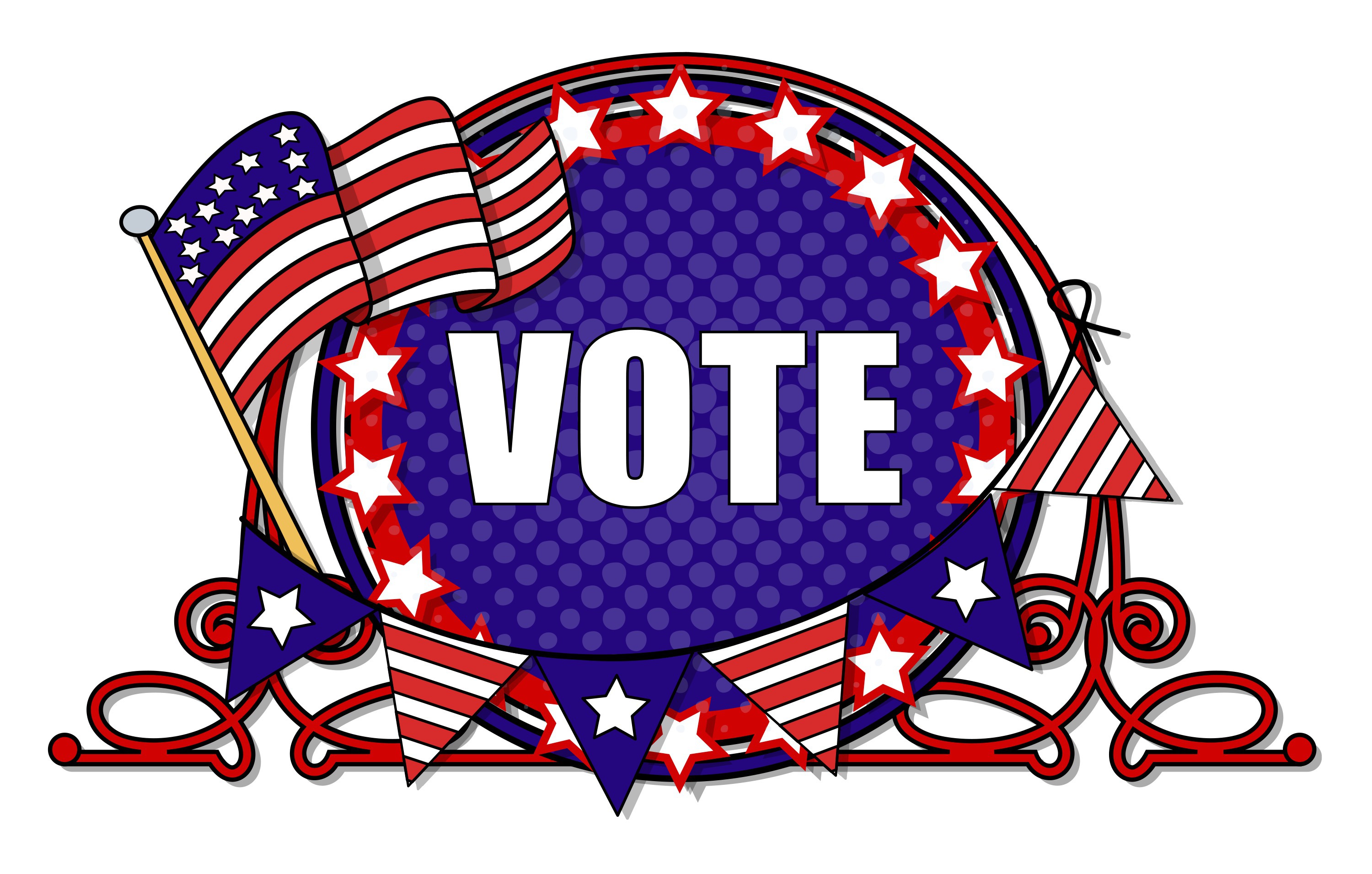The Convention of States Florida team encourages all citizens to research their ballots for the coming election. Prior to voting, it is important to know what is on the ballot and do a little detective work on the issues.
This year all Florida voters will find six proposed amendments to the Florida Constitution, along with other local issues. Instead of being surprised by the questions posed to you, we hope you will take the time to understand what is on the ballot and to vote responsibly.
To find your ballot online, you may download a PDF from your county election supervisor from this link.
Here are a few links with informational materials on the six amendments:
The supermajority requirement to pass or repeal amendments is what makes them so important and valuable to our republican form of government. Most states adopted this methodology into their respective constitutions, with Florida being one of the most recent.
 Self governance is about more than a convention. Convention of States is a grassroots organization with aspirational goals to engage the citizenry in their civic duties.
Self governance is about more than a convention. Convention of States is a grassroots organization with aspirational goals to engage the citizenry in their civic duties. The six proposed amendments to the Florida Constitution are listed below.
Florida Amendment 1: Citizenship Requirement for Voting Initiative
• A "yes" vote supports amending the Florida Constitution to state that “only a citizen” of the U.S. who is 18 years old or older can vote in Florida.
• A "no" vote opposes amending the Florida Constitution, thus keeping the existing language that says “every citizen” of the U.S. who is 18 years old or older can vote in Florida.
Current language specifies who may vote but is silent on who may not. The word “citizen” has been misconstrued to include lawful permanent residents, or even all residents, whereas specific language and reference to U.S. citizenship is legally definitive and proscriptive. Only Arizona and North Dakota have constitutional language to clearly prohibit non-citizens from voting.
Florida Amendment 2: $15 Minimum Wage Initiative
• A "yes" vote supports the initiative to increase the state's minimum wage incrementally until reaching $15 per hour in September 2026.
• A "no" vote opposes the initiative to increase the state's minimum wage incrementally until reaching $15 in September 2026, thereby keeping the current minimum wage of $8.46 per hour.
The free market in human labor has always inclined towards a minimum wage of zero. If an employer is forced to pay more than what he determines a particular employee’s labor to be worth, it is more likely that the worker will be out of a job. Note that this free market dynamic does not necessarily apply to government workers.
Even if one accepts that it is within the constitutional authority of the state to set a value on human labor, this issue would be more appropriately legislated, which could be more easily revised to meet changing market circumstances than a constitutional amendment. The amendment reflects no unalienable principle that would merit incorporation into the Florida Constitution.
Florida Amendment 3: Top-Two Open Primaries for State Offices Initiative
• A "yes" vote supports establishing a top-two open primary system for primary elections for state legislators, the governor, and cabinet (attorney general, chief financial officer, and commissioner of agriculture) in Florida.
• A "no" vote opposes establishing a top-two open primary system for primary elections, thereby leaving in place Florida's current system where closed primaries are held by each party.
Currently, in Florida, primaries are closed, meaning a voter must be registered with a political party in order to participate in that party's primary election. Winners of a partisan primary election advance to the general election where candidates from each party face one another.
Under proposed amendment 3, all candidates would be placed on one ballot regardless of political affiliation, and the top two candidates with the most votes would advance to the general election. A candidate’s party affiliation may appear on the ballot as provided by law. The primaries also would be open, meaning any registered voter, regardless of their political affiliation, could vote in the primary election. The top two candidates in the primary are determined by a majority of the voters, and the top two may be from the same party.
Washington became the first state to adopt a top-two primary system for congressional and state-level elections in 2004. California followed suit in 2010. In Nebraska, a top-two primary system is utilized for state legislative elections. Fewer than half of the states (21) have open primaries, with seven of those requiring that a voter declare party affiliation at the polls on Election Day.
Florida Amendment 4: Require Constitutional Amendments to be Passed Twice Initiative
• A "yes" vote supports requiring voter-approved constitutional amendments to be approved by voters at a second general election to become effective.
• A "no" vote opposes requiring voter-approved constitutional amendments to be approved by voters at a second general election to become effective.
Proposed amendment 4 would require constitutional amendments to be approved by voters at two successive general elections to become effective. Currently in Florida, if voters approve an amendment at one general election, it becomes part of the constitution.
In Florida, constitutional amendments require a 60% supermajority vote to become effective. This requirement was added to the constitution in 2006. Under Amendment 4, the supermajority requirement would apply to both elections. In Florida, there have been more than 140 constitutional amendments since the 1960s. The U. S. Constitution, which has been around since the late 1700s, has been amended only 27 times.
This amendment is seen by supporters as a safeguard against frivolous, whimsical, or reactionary changes to the Florida Constitution.
This amendment is seen by the opposition as the end of citizen-led initiatives to amend the Florida Constitution by adding more cost and more steps to the current process.
Florida Amendment 5: Extend "Save Our Homes" Portability Period Amendment
• A "yes" vote supports extending the period during which a person may transfer Save Our Homes benefits to a new homestead property from two years to three years.
• A "no" vote opposes extending the period during which a person may transfer Save Our Homes benefits to a new homestead property from two years to three years.
Homesteads, or primary residences, are subject to property taxes in Florida, which must be assessed at just value, except that every primary residence is eligible for a $25,000 homestead exemption. Another $25,000 homestead exemption is applied to homesteads that have an assessed value of more than $50,000 up to $75,000. The homestead exemption reduces the taxable value of a property.
Amendment 10 of 1992, a citizen initiative known as the "Save Our Homes Amendment", limited homestead property valuation increases for homes receiving a homestead exemption to a maximum of 3% annually. Voters approved the measure in a vote of 54% to 46%. The difference between the just value and the assessed value is referred to as the Save Our Homes (SOH) benefit.
Florida Amendment 6: Homestead Property Tax Discount for Spouses of Deceased Veterans Amendment
• A "yes" vote supports allowing a homestead property tax discount to be transferred to the surviving spouse of a deceased veteran.
• A "no" vote opposes allowing a homestead property tax discount to be transferred to the surviving spouse of a deceased veteran.
This amendment would allow a homestead property tax discount to be transferred to the surviving spouse of a deceased veteran. The discount would be in effect until the spouse remarries, sells, or otherwise disposes of the property. Currently, the homestead property tax discount for veterans expires upon their death and is not extended to their spouses.






